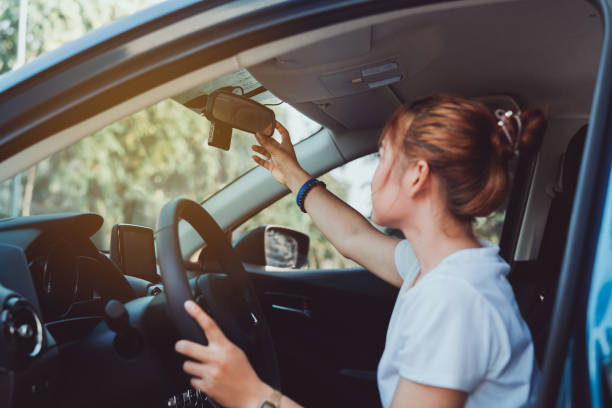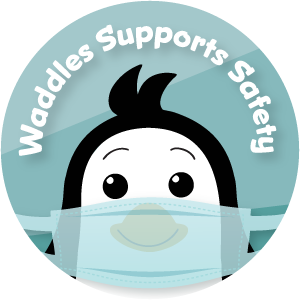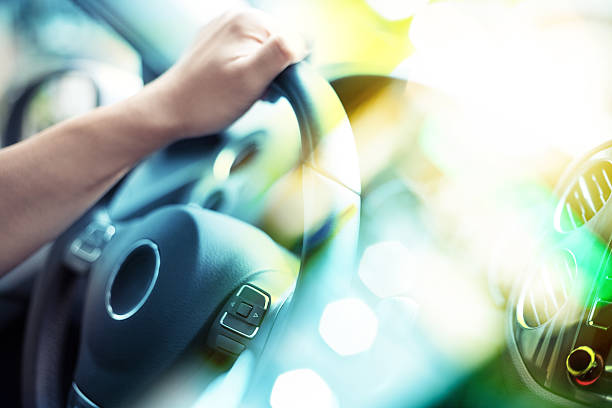Tips for Personal Safety

Your health and well-being are important to us, but so is your personal safety. Whether at home, work or out and about, there are things we can all do to keep ourselves safe. Here are some tips for maximizing your personal safety every day.
If You See Something, Say Something

Always trust your instincts. If something doesn’t feel or look right, it may not be. Your gut feeling is not just a guess, it’s your body reacting based upon knowledge or experience before your mind can fully process the information it is receiving. If you get a strange feeling about a situation or an individual, report it and call for appropriate assistance. If you think something looks suspicious, but you’re uncertain if you should call the police, get a second and third opinion.
Be Alert and Aware of your Surroundings
When you are alert and aware of your surroundings, you can take better notice of something that is out of ordinary. Try to avoid distractions, like cell phone use or loud music, when you’re out in public places.
Keep your head up and make eye contact with those around you to make it clear that you are aware of their presence. When you are somewhere new, take stock of entrances and exits.
Leave Space when Driving

When out at night, park your car under lights, if possible and close to store entrances. Check out our blog on safe winter driving for more seasonal tips for safety.
Here are a few Other Pointers:
- Use the buddy system when possible and let someone know where you are going and when you’ll be back.
- Survey your surroundings when exiting buildings and ensure nobody is following you to your vehicle.
- If someone is following you, do not proceed to your car. Cross the street and proceed to the nearest populated location where you can call for help.
- Know your rights and be prepared to defend yourself, if necessary. Even if all you have are your car keys, use them to defend yourself if needed.
- Know how to use Silent 9-1-1 on your phone.
Know your Limits
Human reactions to danger are freeze, fight, or flight. In a dangerous situation, most people will freeze, some longer than others, before a decision is made to fight or flight. Staying alert and aware of the people around you and your surroundings will help you more quickly assess the situation and act safely.
Always remember, your safety matters!